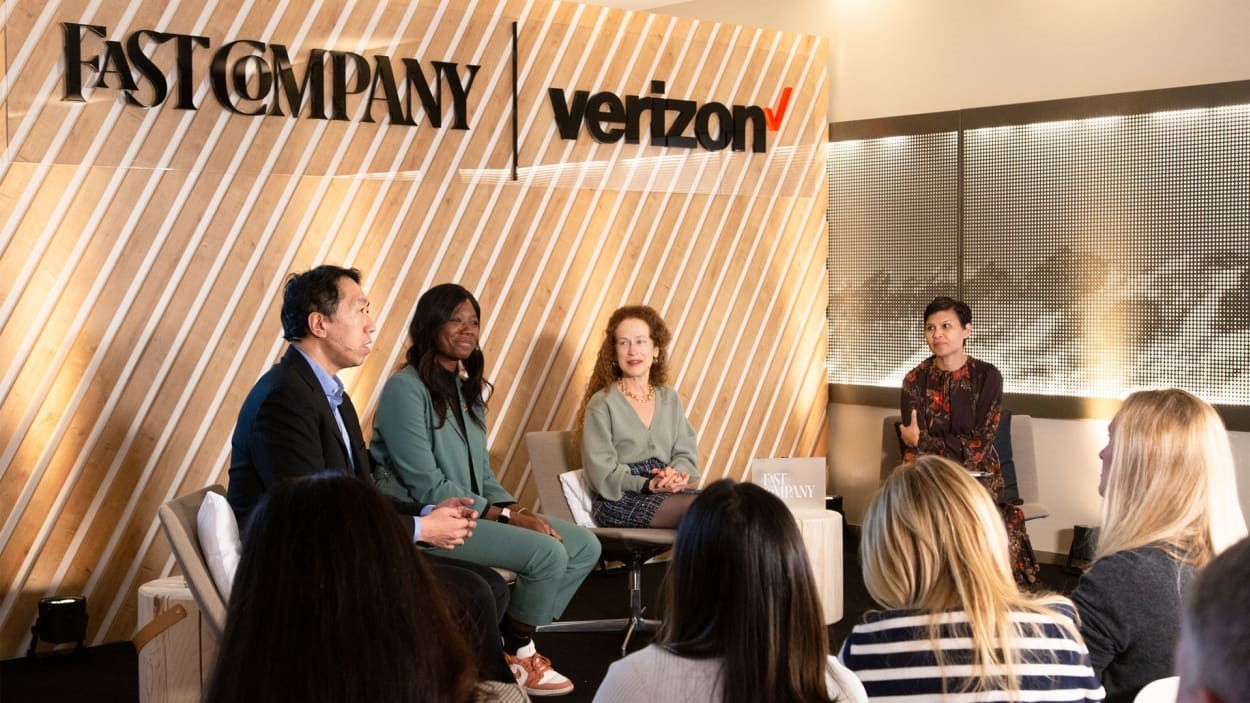AI proponents: Enough with the ‘doomsday’ scenarios. Let’s focus on practical use cases
When leaders of some of the world’s biggest companies convened at the World Economic Forum’s annual meeting in Davos, Switzerland, last week, artificial intelligence was a big topic of conversation.
For good reason, too, as the international organization released a report ahead of the meeting identifying AI as one of the biggest global risks in the next two years and over the next decade.
But dire warnings about how AI is “incredibly dangerous” and could even lead to human extinction—including from some leaders in the industry—is like science fiction compared with the reality of what’s happening, Andrew Ng, founder of DeepLearning.AI and founder and CEO of Landing AI, said last week during a panel discussion in Davos hosted by Fast Company.
“The community somehow dug ourselves into a hole and now we have to get the truth out about AI and all the beneficial use cases,” Ng added.
For instance, AI’s potential benefits for tackling climate change should get more attention than it does, Ng argued. Such efforts could address some of the environmental-related risks that the WEF has identified in the coming decade, including extreme weather events.
Amini, a Nairobi-based climate tech startup, is collecting and distributing environmental data in Africa that can help farmers and other stakeholders—insurance companies, banks, large corporations, governments—to better understand the impact of climate change. This information can help farmers make decisions about how to manage their crops, according to Kate Kallot, the company’s founder and CEO.
“We need to go back to the practicalities and the actual solutions that are being built out on top of the research and stop talking about doomsday,” Kallot added.
(16)



